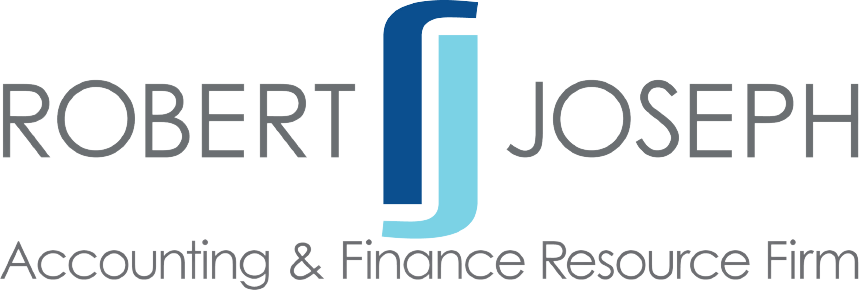Accounting Department Roles 101
Organizations cannot operate successfully without someone responsible for managing the cash flow and watching the bottom line.
Depending on the size of your organization, you are faced with choosing an internal accountant or outsourcing your accounting needs to an external accountant.
A small company with simple and uncomplicated bookkeeping needs may only require the services an outsourced accountant provides. Generally paid by the hour, an outside accountant is an excellent alternative to managing the accounting by yourself or paying the salary of a full-time in-house accountant.
However, the larger the company, the more complex its financial needs. As a result, hiring an in-house accountant becomes necessary. For large corporations, a single accountant is not enough, and a whole department, reporting directly to, and overseen by the Chief Financial Officer, is required.
The Roles of an Accounting and Finance Department
Primarily, an accountant manages the cash flow — the money coming in and the money going out. They watch the bottom line, collect financial data, and prepare financial reports. Your accountant’s information empowers you to make better decisions regarding company growth.
The primary areas an accountant or accounting department oversees include –
Accounts Payable and Receivable
An accountant monitors the cash going out —accounts payable (liabilities) and coming in –accounts receivable (assets). They ensure your expenses are paid and payments are collected promptly.
Payroll
Payroll is incredibly complex and requires the careful attention of an accountant. In managing payroll, an accountant ensures everyone’s paycheck and salaries are up to date. In addition, they confirm benefits, commissions, and bonuses are applied, and government taxes — such as FICA, social security, and both federal and state withholdings, are deducted. Finally, they track PTO, vacation days, and sick days.
Inventory Management
Your company’s inventory includes everything in your warehouse or building. An accounting department watches these costs, including raw materials, machinery, overhead, and labor. In addition, they track inventory purchased on credit, items financed on loan, and what is purchased “cash on the barrel.”
Financial Statements
Preparing and delivering financial statements is a fundamental role of an accounting department. Of course, these reports are critical as they forecast potential profits and losses within upcoming business decisions. Furthermore, they also provide accurate synopsis and data of previous decisions, which is helpful to the C-Suite and enlightens investors.
Legal Compliance and Standards
Accounting departments are also responsible for monitoring tax and legal functions within the company, requiring a thorough knowledge of tax laws. Considering there are severe consequences to untimely payment and noncompliance, this is a critical role. They also oversee revenue management, keeping it in line with current accounting standards and staying alert for internal theft and fraud.
If you are looking for a new accountant for your firm or department, contact our team at The Robert Joseph Group. We will send you the talent you are looking for with the highest degrees of professionalism and expertise. Contact us today!
